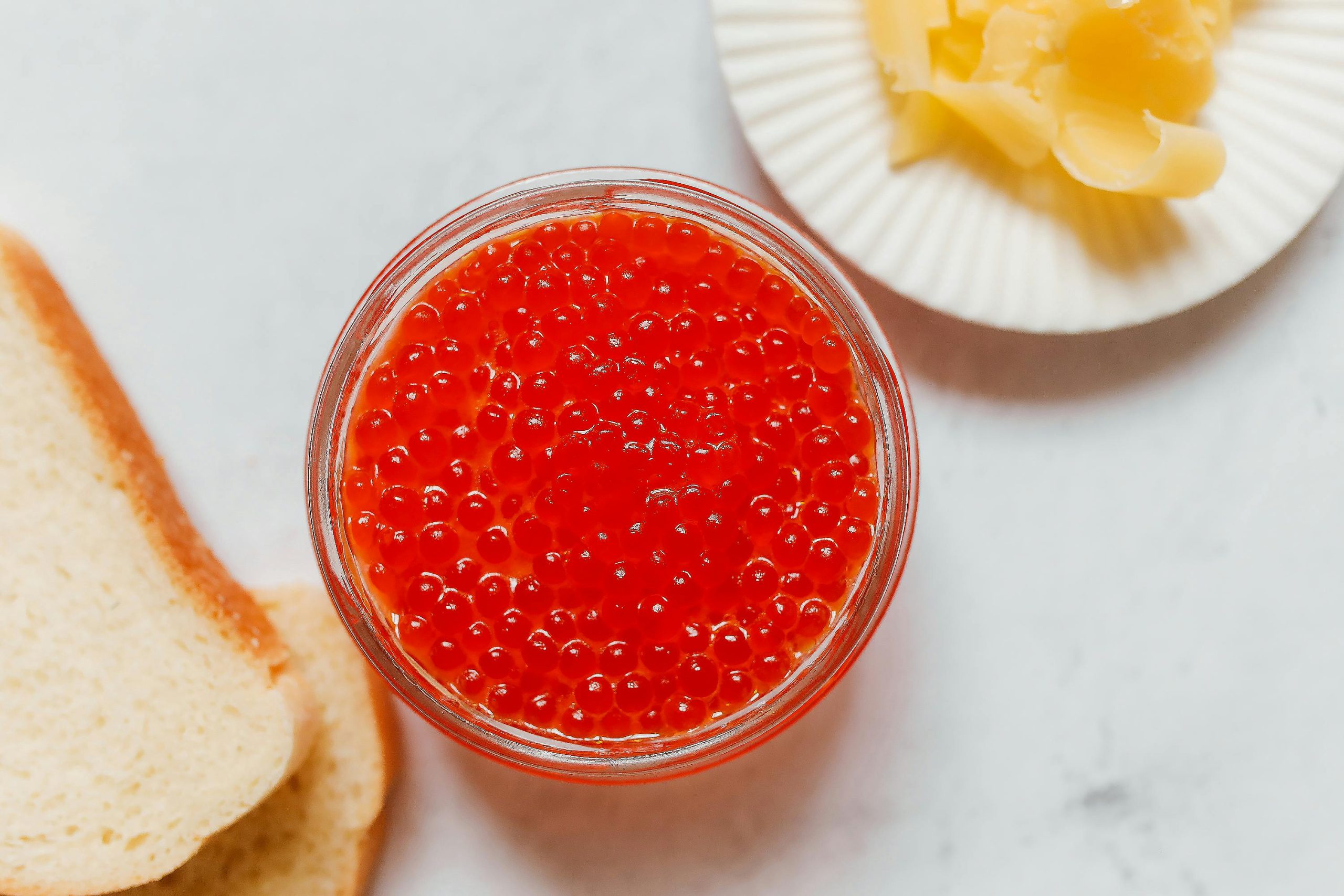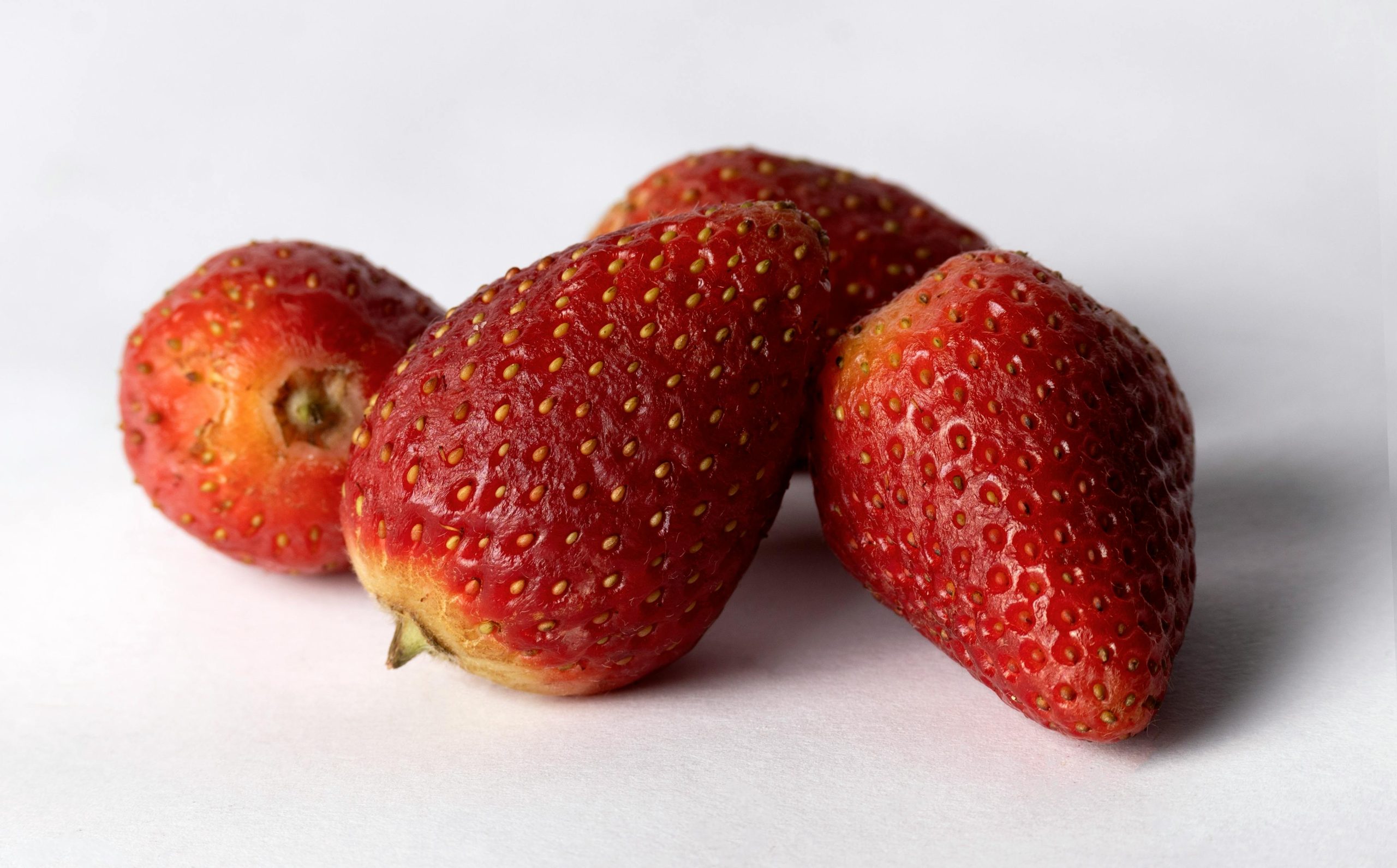The government is encouraging consumers to prioritize ‘Buy Australian’ products, yet it must tackle significant obstacles, including a cost of living crisis, entrenched product stereotypes, and a declining sense of national pride.


The government is encouraging consumers to prioritize ‘Buy Australian’ products, yet it must tackle significant obstacles, including a cost of living crisis, entrenched product stereotypes, and a declining sense of national pride.

The Rising Cost of Butter: When Does It Become Too Much? In recent times, many consumers have been grappling with the rising cost of everyday items, and butter is no

Former Nomads bikie president Sayed Mohammed Moosawi has been charged following raids on caravans in Dural, as he is accused of orchestrating arson attacks in Bondi.

The newly appointed Prime Minister of Vanuatu announces plans to review the 2022 security agreement with Australia.
It’s a complex situation for sure. The push to ‘Buy Australian’ is necessary for supporting local businesses and sustaining jobs, particularly in the face of economic challenges. However, the cost of living crisis makes it difficult for many consumers to prioritize locally-made products, especially if they come at a premium compared to cheaper imports. Additionally, combating product stereotypes is crucial; not all Australian products are known for being high-quality, and changing that perception will take time and consistent effort.
National pride, too, plays a significant role. If the government can effectively appeal to this sentiment—highlighting the uniqueness and quality of Australian-made goods—it could encourage consumers to reconsider their purchasing habits.
Ultimately, a multifaceted approach that addresses affordability, quality perceptions, and national pride could help turn the tide in favor of local products. What are your thoughts on possible strategies or campaigns that could be effective in promoting this initiative?